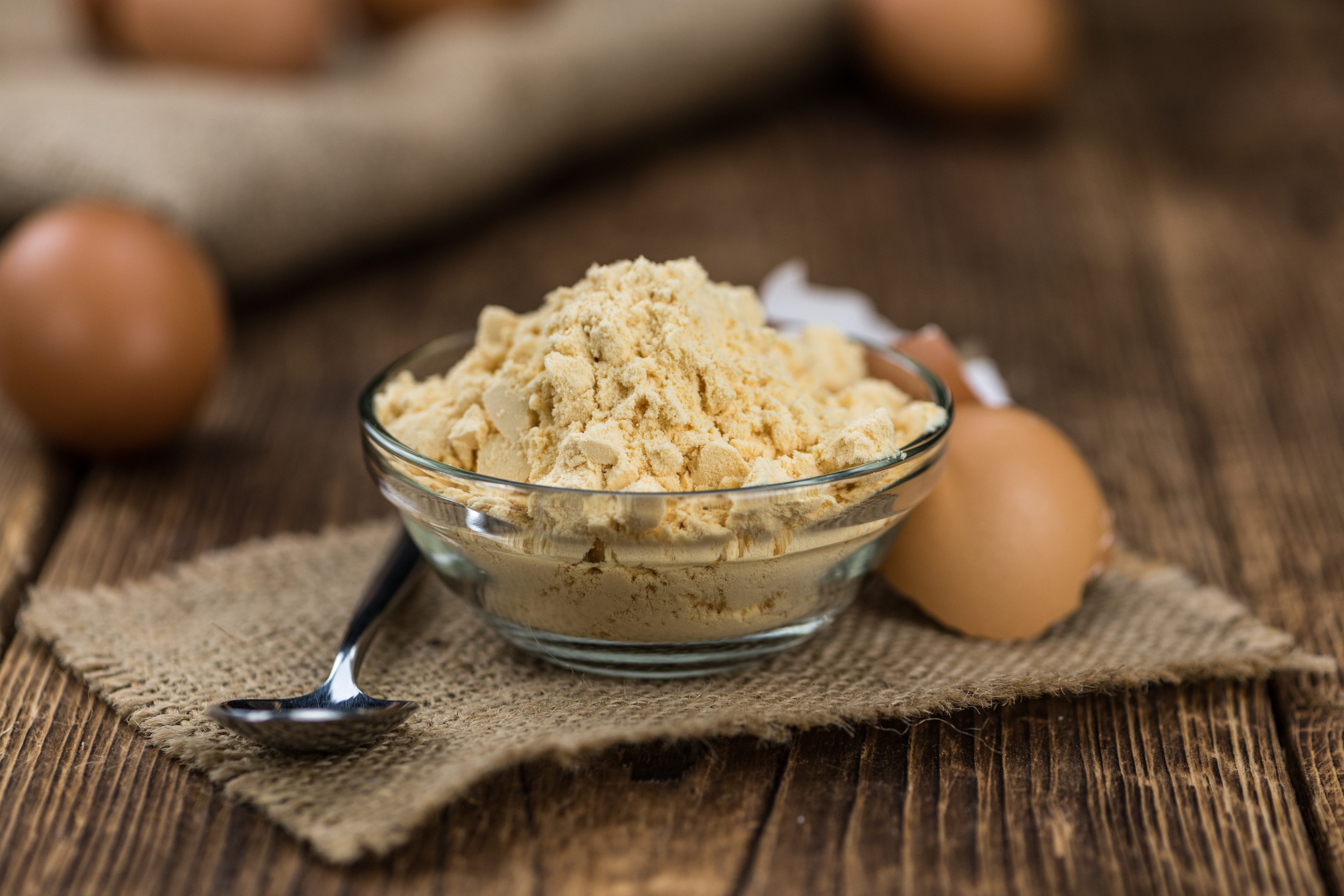Homemade Egg Powder: A Guide for Home Cooks
;Resize,width=742;)
Making your own egg powder is a rewarding and surprisingly simple process. It's a fantastic way to preserve fresh eggs, extend their shelf life, and save money. This guide will walk you through the steps of creating high-quality egg powder using your home oven.
Why Make Egg Powder?
- Extended Shelf Life: Egg powder can last for months, even years, when stored properly.
- Convenience: Perfect for camping, backpacking, or emergency preparedness.
- Cost-Effective: Buying eggs in bulk and dehydrating them can save you money in the long run.
- Versatile: Use egg powder in baking, cooking, and even for scrambled eggs.
What You'll Need
- Fresh eggs: Use high-quality, farm-fresh eggs for the best results.
- Baking sheets: Line them with parchment paper for easy cleanup.
- Oven thermometer: Essential for accurate temperature control.
- Blender or food processor: To grind the dried eggs into a fine powder.
- Airtight containers: For storing your finished egg powder.
How To Use Egg Powder
- For baking: Use egg powder as a direct substitute for fresh eggs in most recipes.
- For cooking: Reconstitute the egg powder with water according to the recipe instructions.
- For scrambled eggs: Mix 1 tablespoon of egg powder with 2 tablespoons of water. Cook and enjoy!
Frequently Asked Questions
Is it Safe to Make Egg Powder in An Oven?
Yes, it's safe as long as you maintain a low, consistent oven temperature (around 170°F/77°C) to prevent bacterial growth. Thorough drying is also critical. Use an oven thermometer to ensure accuracy.
What's The Best Oven Temperature for Dehydrating Eggs?
The lowest possible setting is ideal, ideally around 170°F (77°C). An oven thermometer is essential for accuracy, as oven temperatures can vary.
Can I Use Store-Bought Eggs, or Do I Need Farm-Fresh Eggs?
While farm-fresh eggs are often preferred for their quality, store-bought eggs can also be used. Always use fresh, high-quality eggs.
How Do I Know When The Eggs are Fully Dehydrated?
The eggs should be brittle and completely dry. Any soft or pliable areas indicate the need for further drying.
Can I Use Egg Powder For All my Baking Needs?
Generally, yes, but some recipes might require slight adjustments. Experiment and see what works best for your favorite recipes.
How Do I Reconstitute Egg Powder for Scrambled Eggs?
A common ratio is 1 tablespoon of egg powder to 2 tablespoons of water. Mix well and cook as you would regular scrambled eggs.
Can I Dehydrate Just the Egg Whites, or Just The Yolks?
Yes, you can dehydrate them separately. This will change the final powder and its application. For example, egg white powder is often used in baking for specific textures.
How To Store
Properly stored egg powder can last for several months, or even years. However, it's always a good idea to use it within a year for the best quality.
Instructions
Gently crack the eggs into a bowl.Whisk the eggs thoroughly to ensure a consistent mixture.
Preheat your oven to the lowest possible temperature. Aim for around 170°F (77°C).
Pour the whisked eggs evenly onto the prepared baking sheets. Spread them out in a thin layer.
Place the baking sheets in the oven. * Monitor closely: The drying time will vary depending on your oven and the thickness of the egg layer. It can take several hours, or even overnight.
Stir occasionally: This helps ensure even drying and prevents scorching.
Once the eggs are completely dry and brittle, remove them from the oven and let them cool completely. Transfer the dried eggs to a blender or food processor. Pulse or blend until you achieve a fine, even powder.
Transfer the powdered eggs to airtight containers. Store in a cool, dark, and dry place.
;Resize,width=767;)
;Resize,width=712;)


